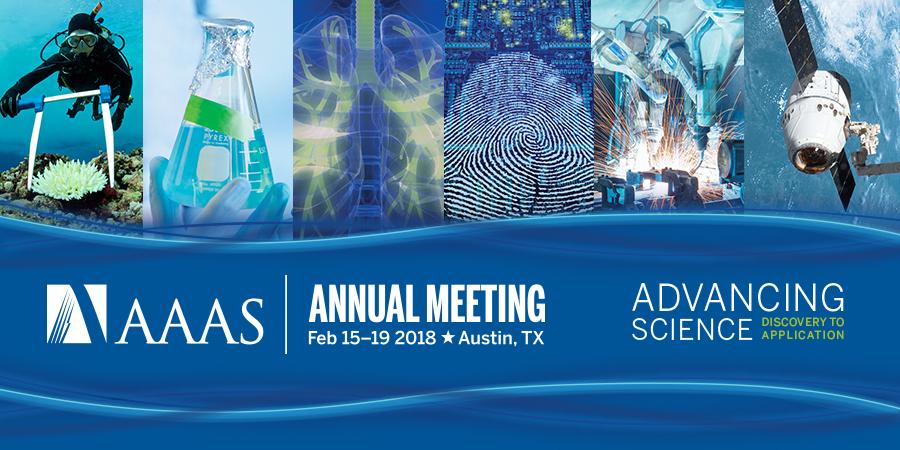Gene Editing and Human Identity: Promising Advances and Ethical Challenges

Innovations in gene editing, and particularly CRISPR (Clustered Regularly Interspaced Short Palindromic Repeats, which are the hallmark of a bacterial defense system that forms the basis for CRISPR-Cas9 genome editing technology ), have the potential to treat a range of genetic conditions, but also to fundamentally alter the heritable germline. As scientists and society continue to grapple with the legal, ethical, and cultural dimensions of this rapidly shifting technology, DoSER hosted a symposium at the 2018 AAAS Annual Meeting in February on “Gene Editing and Human Identity: Promising Advances and Ethical Challenges.”
Four experts expressed interest in the positive prospects and also concerns about the safety of these technologies, their potential for commodification and/or marginalization of persons, and the ways in which social inequalities could be reinforced by limited access to them. Click here to see the full coverage of this session.
| Presenter | Topic | Time Stamp |
|---|---|---|
Robert O'Malley |
Introduction |
0:00-5:17 |
| Gang Bao | CRISPR/Cas9-Based Genome Editing for Treating Sickle Cell Disease | 5:18-12:59 |
| Marcy Darnovsky | Gene Editing for Reproduction: “Moral Questions of an Altogether Different Kind” | 13:00-35:39 |
| Nicanor Austriaco | Human Genome Editing With CRISPR: Dignity and Other Faith-Based Considerations | 35:40-53:59 |
| Christopher Scott | Discussant | 54:00-1:10 |
| Q&A | Audience | 1:11-1:21 |



